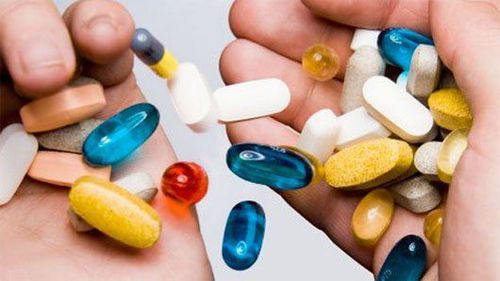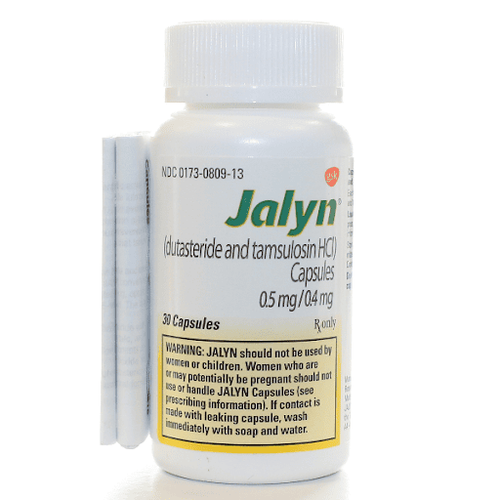This is an automatically translated article.
Antidepressants are used to improve symptoms of depression by altering the balance of certain chemicals in the brain. However, antidepressants can cause adverse effects, affecting the health of patients. To use drugs safely and effectively, let's learn about the side effects of antidepressants and some precautions when using them.
1. What are the side effects of antidepressants?
Antidepressants can sometimes cause annoying, unpleasant and even life-threatening side effects. Let's take a closer look at some of the side effects of antidepressants so that we can recognize and minimize their effects.
1.1 Is drowsiness a side effect of antidepressants? Some antidepressants, such as mirtazapine, tend to cause drowsiness, which is a side effect of antidepressants in patients who are often drowsy. However, they are beneficial for patients with frequent feelings of anxiety.
1.2 Side effects of antidepressants affect weight

Những bệnh nhân trầm cảm khi sử dụng thuốc trong thời gian dài rất ít bệnh nhân được ghi nhận là nguy cơ tăng cân
A less well-documented side effect of antidepressants is the risk of weight gain, especially with long-term use. This is an adverse side effect of antidepressants for depressed patients who are obese or have type II diabetes or hypertension. Several antidepressant side effects studies have shown that, among antidepressants, bupropion may cause less weight gain than selective serotonin reuptake inhibitors such as sertraline, paroxetine, citalopram, ...
1.3 The Link Between Antidepressant Side Effects and Sexual Problems One of the most common but limited mentioned side effects of antidepressants is a decrease in sexual interest. or other sexual problems such as erectile dysfunction and decreased orgasm.
In this case, do not worry and arbitrarily stop taking antidepressants, share with your doctor to choose a more suitable solution. One way to relieve these symptoms is to add another antidepressant or use an erectile dysfunction medication. Another way is to switch to another antidepressant that won't affect sex drive.
MORE: Antidepressants: Sexual side effects and more
1.4 Antidepressants may increase suicide risk

Thuốc chống trầm cảm có thể tăng nguy cơ suy nghĩ và hành vi tự sát ở trẻ em và thanh thiếu niên
The leaflets for many antidepressants clearly state that taking antidepressants may increase the risk of suicidal thoughts and behavior in children and adolescents with major depression or psychosis. other psychiatric disorders, especially during the first month of treatment.
This is a serious side effect of antidepressants. Therefore, parents and relatives around should carefully monitor. Patients should not try to deal with their emotions on their own, talk to their doctor for a reasonable treatment.
2. Some notes when using antidepressants
In addition to the side effects of antidepressants mentioned above such as drowsiness, weight gain, decreased sex drive, suicidal thoughts, the use of antidepressants can cause a number of side effects. Other side effects include nausea, dizziness, fatigue, blurred vision, constipation, agitation, irritability, etc. These side effects such as restlessness, dry mouth and diarrhea, strange dream appearances usually go away. after a week or two.

Khi sử dụng thuốc chống trầm cảm hay buồn nôn có thể là do tác dụng phụ của thuốc
Besides, applying talk therapy at the same time so that the patient has the opportunity to open up and share their hidden feelings and thoughts is the most effective treatment for depression of all ages.
You should note that, not all side effects of antidepressants are the same in everyone due to differences in many factors such as genetics, age and individual. If you experience side effects from antidepressants, it's best to talk to your doctor so they can limit the effects or switch to another drug that is more suitable.
Depression is a dangerous disease that, if not examined and treated well, can have unfortunate consequences. Therefore, if the patient using the drug does not bring good results or experiences unwanted side effects, they can go to Vinmec International General Hospital for examination and treatment.
Please dial HOTLINE for more information or register for an appointment HERE. Download MyVinmec app to make appointments faster and to manage your bookings easily.
Reference source: webmd.com












